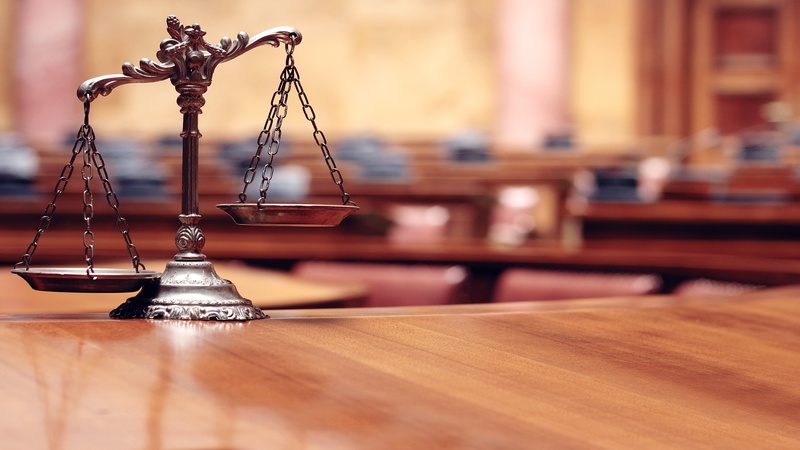Accidents happen, and when they result in injury due to someone else’s negligence, you may have a personal injury claim. Understanding the basics of personal injury law, the types of claims, and how the process works can help you make informed decisions if you are ever injured.
What Is a Personal Injury Claim?
A personal injury claim is a legal action filed by someone who has been harmed due to another person’s careless or intentional actions. The goal of the claim is typically to recover compensation for medical expenses, lost wages, pain and suffering, and other damages. Personal injury claims can arise from car accidents, slip-and-fall incidents, workplace accidents, and a wide range of other situations.
Types of Personal Injury Claims
Personal injury cases vary depending on how the injury occurred. Car accidents are among the most common, often involving negligence such as distracted driving, speeding, or failure to follow traffic laws. Slip-and-fall incidents in public or private spaces can lead to claims if property owners failed to maintain safe conditions. Other cases include medical malpractice, dog bites, and product liability. Knowing the type of claim helps determine the legal approach and potential compensation.
Proving Negligence
Most personal injury claims require proof that another party was negligent and that their actions directly caused your injury. This typically involves showing duty, breach, causation, and damages. Duty refers to the responsibility the other party had to act safely. Breach is the failure to meet that duty. Causation links the breach to your injury, and damages are the losses you suffered as a result. Clear evidence is essential to support each element.
The Claims Process
The process generally begins with notifying the responsible party or their insurance company. Medical documentation, accident reports, and witness statements are collected to build the case. Negotiations may lead to a settlement, but some claims proceed to court if a fair agreement cannot be reached. Understanding this process can help you make informed decisions and avoid mistakes that might weaken your claim.
Compensation in Personal Injury Cases
Compensation can include medical expenses, lost income, rehabilitation costs, and pain and suffering. The goal is to make the injured party financially whole and address both tangible and intangible losses. Proper documentation and legal guidance are critical to ensure that all damages are accounted for.

